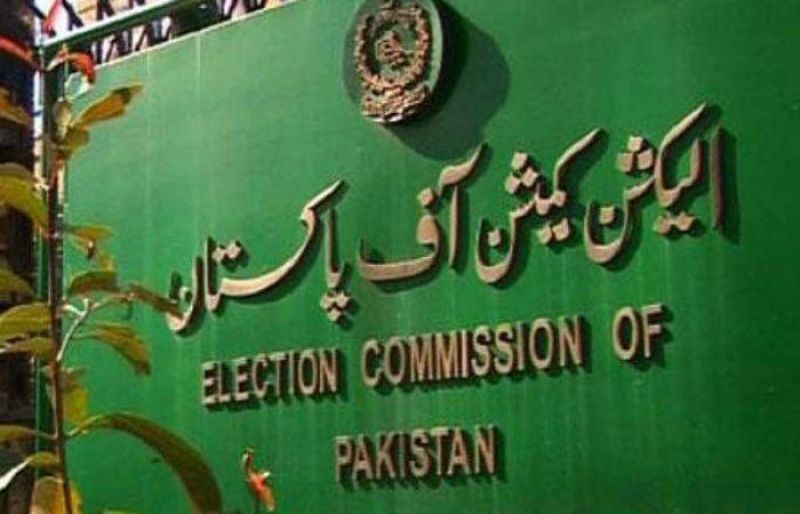The Election Commission of Pakistan (ECP) heard cases filed by different candidates pertaining to alleged rigging in the recent local government elections.
JI lawyer Shabbir Shah said that the party candidate got 153 votes while the RO declared that the JI did not get any vote. “We secured 153 votes as per form 11 which was given to the candidate.” He said that a recount was moot as the bags had already been opened.
The PPP lawyer agreed that there was a difference between the RO’s result and the form-11 provided to JI. He said that if a RO had made a mistaken, then the candidate could ask for a correction while results were compiled.
The ECP sought the original form-11 instead while ordering the presiding officer to appear at the next hearing.
The JI lawyer said that the same situation unfolded in Orangi Town. The results were changed and JI was relegated to third place. The RO said that final count was based on the results provided by the presiding officer.
PTI’s Ali Zaidi, in his petition on alleged rigging, contended that the PPP brought returning officers from outside Karachi to influence the result.
His lawyer argued that once the poll schedule is announced, there was a ban on postings and transfers. The Sindh government placed all the administrators at the behest of Muttahida Qaumi Movement-Pakistan (MQM-P), the PTI lawyer said.
It warrants mention here that the MQM-P boycotted the second phase of the local body elections citing issues of gerrymandering and delimitation of constituencies.
PTI said that it had filed 14 petitions, and they would submit the original form-11 from 18 UCs. The party said that votes against PPP were rejected, with Zaidi calling for action against officials involved in alleged rigging. He claimed that it was inconceivable for the PPP to win seats in Karachi.
The ECP heard a similar plea against the result of UC-12 Manghopir. During the case, the KP member of the ECP observed that the defeated JI candidate was not a petitioner.










